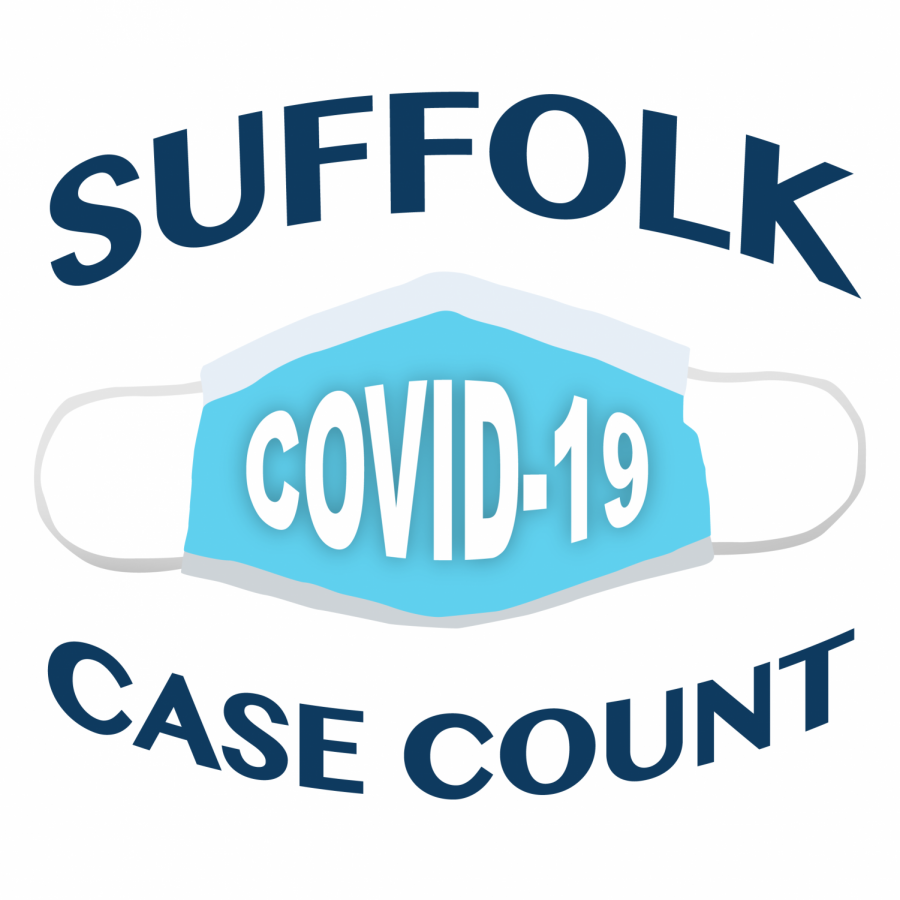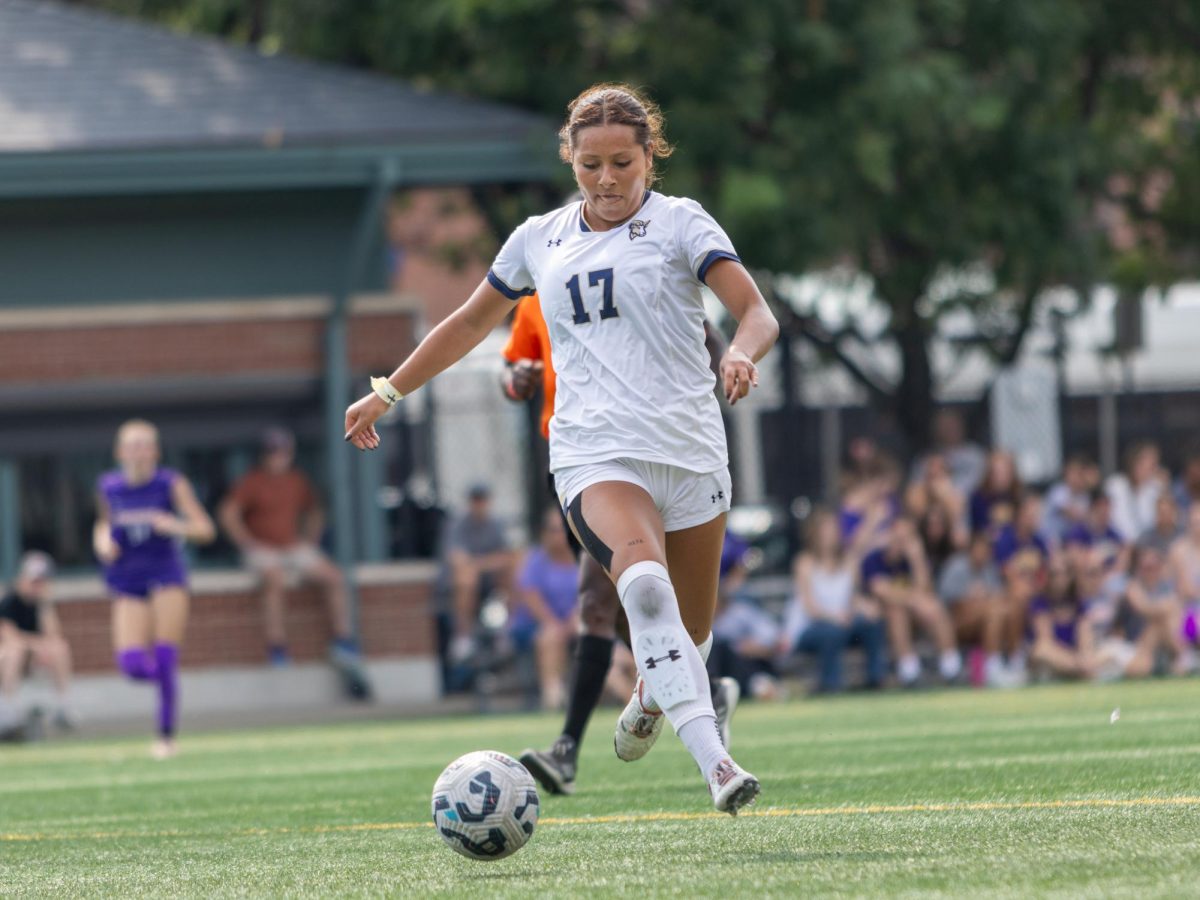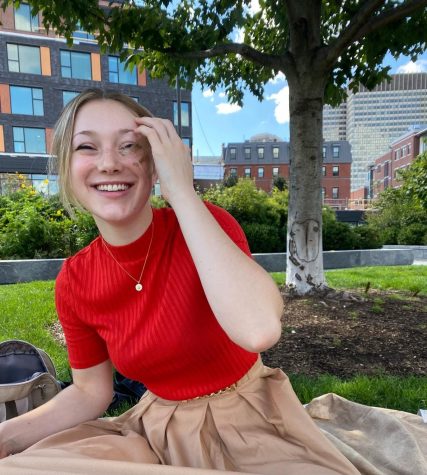While many mask mandates have been retired and people slowly return to the old “normal” as cooler weather settles in, experts say there may be a rise in COVID-19 cases with the drop in temperature.
There are a number of reasons this could be the case. As the weather starts to shift, many activities put people indoors in larger groups, but as the world reaches the two-year mark of the pandemic, people may also be fatigued with taking COVID-19 precautions. However, according to Greg Gatlin, Suffolk University’s vice president of Communications and a member of the COVID-19 task force, there is an increase in the spread of infectious illnesses, including COVID-19, during the colder months of the year.
“The reason these illnesses spread more easily in the winter is because people spend more time in enclosed indoor spaces, but it also has to do with low humidity. Viruses linger longer in the air when it is cold and humidity is low, giving people ample time to breathe infectious particles into their upper airway and lungs,” Gatlin said.
According to The New York Times, while coronavirus cases are low right now, they are starting to rise in countries overseas including France, Germany and Britain. The U.S. saw high rates of COVID-19 cases in the first half of this year. Last week, new variants accounted for nearly one third of the new infections in the U.S., and with family gatherings right around the corner and chilly weather moving everything indoors, some may wonder what this winter will look like.
The Boston Globe reported that as of Oct. 27, Suffolk County’s COVID level is currently resting at the ‘medium’ level as defined by the Center for Disease Control.
Here on campus, Suffolk’s policy hasn’t changed much since last semester. Students and employees utilizing Suffolk buildings and facilities are required to be fully vaccinated against COVID-19, including a booster, with the exception of medical and religious exemptions.
As of this year, students were required to have their proof of COVID-19 vaccination documents sent to Counseling, Health and Wellness by June 1. Those who were noncompliant were not allowed to move onto campus or attend classes until they were up-to-date or had an accommodation letter.
For strategies to bar against spreading COVID, Suffolk encourages those with symptoms to stay home and consult with their healthcare provider or make a CHW appointment.
Suffolk also has policies to assist if a student tests positive for COVID-19. Students are asked to stay out of class, avoid contact with others and remain in isolation, whether on or off campus, for at least five days and only come to campus on the sixth day if they have no fever without the use of fever-reducing medication. Students must wear an N95 or KN95 mask at all times on campus for another five days after the first initial isolation period.
As of right now, Gatlin does not expect a virtual shift post-winter break.
“We do not expect in the current environment that COVID will require the university to shift modalities from in-person or hybrid classes to exclusively virtual classes,” Gatlin said. “However, we will monitor conditions closely and continue to be guided by public health agencies and medical science.”
Students who test positive can reach out to CHW to receive medical assistance during their open hours, Monday through Friday 9 a.m. to 5 p.m.





















